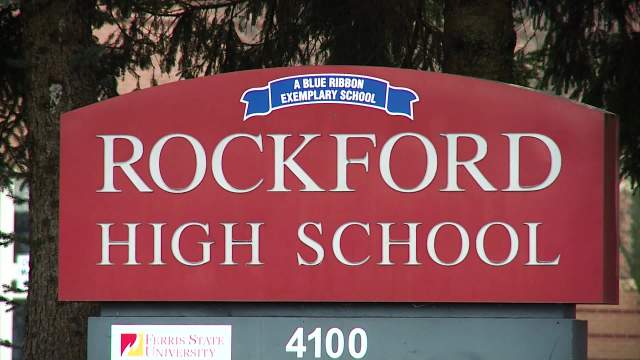Financial Literacy: A Key to Career Success
Financial literacy is more than just balancing a budget—it’s a critical skill that shapes long-term career success. As students transition from academia to the workforce, their ability to manage debt, save strategically, and make informed financial choices can be the difference between stability and financial hardship. Institutions like Rockford Career College and Rockford University recognize this need, integrating financial education into their programs to equip students with the knowledge they need to navigate an increasingly complex financial landscape effectively.
Integrating Financial Education into Academic Programs
Rockford Career College’s Practical Approach
Rockford Career College focuses on hands-on training in business and skilled trades, ensuring students graduate with both technical expertise and essential financial acumen. By learning how to plan and allocate resources wisely, graduates are better positioned to handle student loans, investment decisions, and real-world financial challenges.
Rockford University’s Emphasis on Financial Literacy
Similarly, Rockford University’s Puri School of Business emphasizes the importance of financial literacy by incorporating practical applications of financial principles into its curriculum, preparing students to make strategic economic decisions in their careers.
The Broader Impact of Financial Literacy
Beyond personal finance, a solid understanding of financial concepts is invaluable to those pursuing careers in business, management, or entrepreneurship. Financial literacy extends to analyzing financial statements, forecasting trends, and managing operational budgets. These skills aren’t just beneficial for personal stability—they are crucial for effective leadership, decision-making, and business growth. When institutions prioritize financial education, they empower students with the tools to navigate their careers with confidence and resilience.
Financial Aid and Accessibility
Financial accessibility remains a significant hurdle for many students, making financial aid an essential component of education. Both Rockford Career College and Rockford University offer various financial assistance programs, from federal grants and loans to specialized tuition coverage initiatives like Rockford Promise. These support systems play a crucial role in ensuring that students from diverse backgrounds can access quality education without being deterred by financial barriers.
The Future of Financial Education
Looking ahead, financial education must evolve alongside technological advancements. Digital banking tools, AI-driven financial planning, blockchain applications, and cryptocurrency are reshaping how individuals and businesses approach money management. Institutions must integrate these emerging technologies into their financial literacy programs, ensuring that graduates remain prepared for a dynamic and digitally driven financial world.
Conclusion
As the demand for financial competence continues to grow, educational institutions must ensure their programs reflect the realities of today’s economy. The ability to make sound financial decisions isn’t just a professional advantage—it’s an essential life skill. For further insights into how technology is revolutionizing education and career development, visit Epochedge education. To explore the broader influence of financial literacy on business and society, check out Epochedge news.









